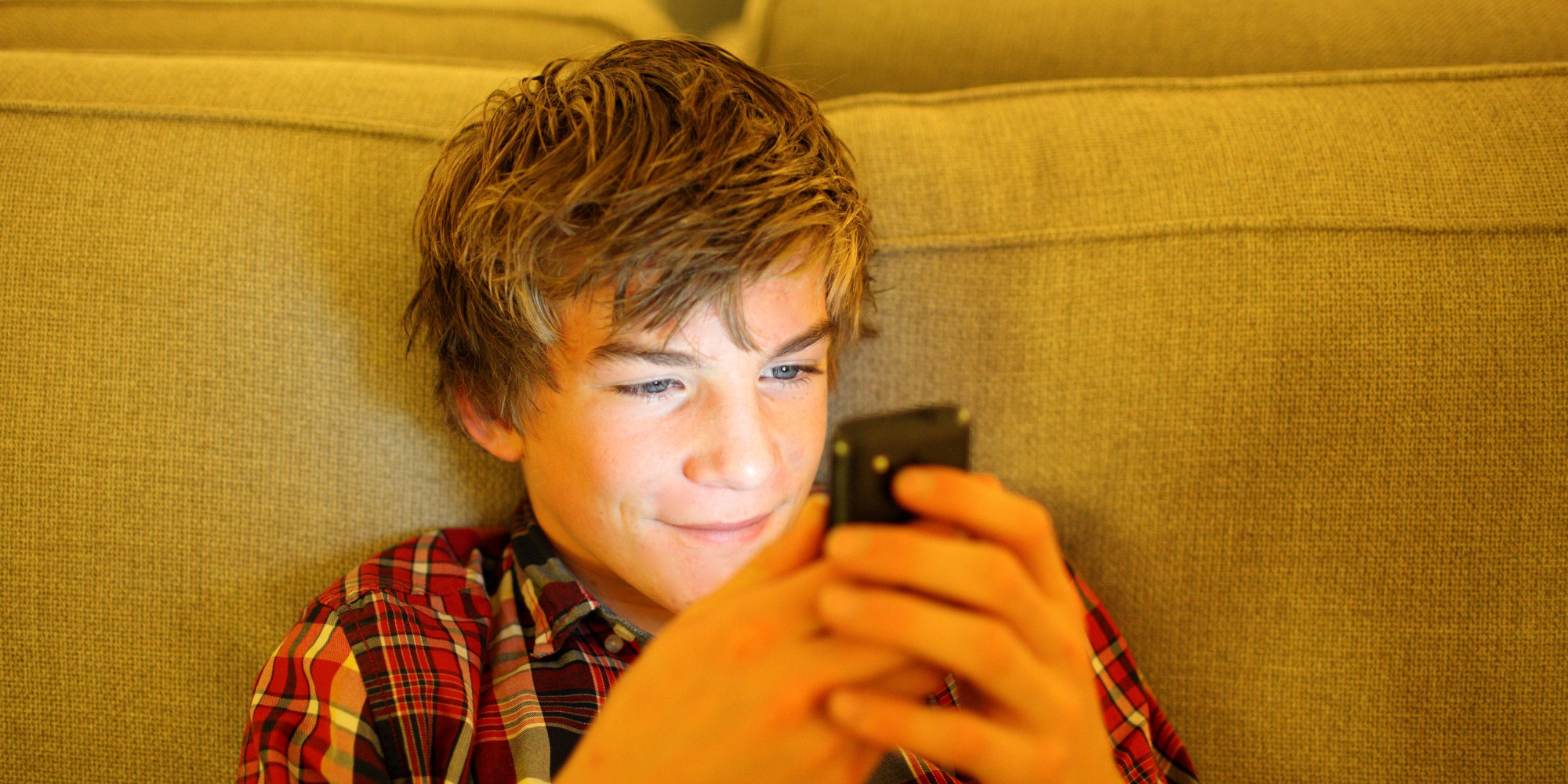The Facebook Void and ‘JOMO’ – The Editor
A year or so back, I decided to deal with the fact that I – like most of you – spend too much time attached to my iPhone. Time which, in all honesty, I don’t even much enjoy.
What was I doing? The usual stuff: Facebook, Twitter, eBay, etc. What was I getting from it? That was a more troubling question. Essentially, very little beyond the sense of a world that seemed somehow relevant but essentially quite remote. I shall try to elaborate…
News feed. The thing you really need to ‘check’ (note the implication that it will affect your plans). You’re sat at home, not much to do: I know, I’ll ‘check’ my news feed – that will explode this temporary mental void and save me the faff of engaging with my actual environment…
UPDATE: Someone you don’t really know anymore nor have any intention of meeting up with again has flippantly retweeted a populist, superficial, but ever so droll and amusing take on Brexit! My political consciousness has been enriched – nay – redefined!
UPDATE: A former school acquaintance (‘friend’) is self-absorbedly proclaiming their recent minor promotion! That’s wonderful – or it would be were it anything more than a doubly ‘virtual’ development: seen online and with no tangible impact on my own life. ‘Thom Hodson is: feeling so happy for a person he’d probably, in a pre-Facebook age, by now hear nothing from or about.’
NOTIFICATION: These adverts seem alarmingly familiar with the content of my web idling, don’t they? It’s almost as if I’m being spied on! What an amusingly dystopian idea!
Thom Hodson has tweeted a picture of assorted Sichuanese stir-fries he recently produced, tagging the cookbook author whose recipes he followed, hoping to be ‘liked’ by a pseudo-celebrity in a vain act of self-validation. I’ll RETWEET that! #hasitcometothis?
eBay
I don’t need anything materially to improve the quality of my existence but I might as well have a look anyway because not doing so would mean being driven, Prufrockian, to some kind of ‘overwhelming question’. Ooh, that’s cheap for an Apple Watch!
———-
Perhaps you’ll think my views snobbish and patronising, but they carry the weight of empirical self-disapproval: in other words, I’ve been addicted to the same cocktail of online distraction as you have, and I – like you – have wasted countless hours in a social media world that is, I believe, a dampener on the connections and fulfilments of my real world.
So, a year ago, I took the decision to stop using Facebook altogether and to control the periods of the day in which I use my phone. 15 minutes in the morning, as needed during the working day (which isn’t that often), and 30 minutes in the evening.
Do I miss near continual interaction with my phone? Not really. In fact, I think I could cut my usage down even further. There is something wonderfully freeing about being ‘off the grid’; as Petruchio famously says to Katherina post-taming, ‘Let the world slip, we shall ne’er be younger’. Immersion in the real world: a run, a bike ride, a board game, cooking a meal, a conversation, a debate: how refreshing these all can be. Perhaps the sense of satisfaction I experience on finding I have 8 WhatsApp notifications when I return to my phone after a number of hours implies that my addiction remains merely in perilous suspension – it hasn’t been conquered – but I am determined to decrease further my online connection as time goes on, increasing my connection to the things around me which truly matter.
Do I miss Facebook? Wholeheartedly not. It was shocking quite how much the passive absorption of photos of people vaguely familiar to me; of adverts cynically targeted at me; of regurgitated links to low-brow political commentaries anathema to me, how much this all elicited negative emotions. Why do I need Facebook as a way of updating semi-strangers on the important events in my life? Something like WhatsApp, I’ll admit, is an excellent way of creating groups – maybe of friends or family – and sharing those things you care about with people who, correspondingly, care to see them. Such online sharing, though still vulnerable to privacy abuse I suspect, is at least emotionally a far more wholesome exercise for all concerned.
Facebook, and many other social media forums, are an absolutely commercial exploitation of human psychology. Mark Zuckerberg has just promulgated his ambition to purify our engagement with Facebook: to make the way we use his website/app more productive and ‘valuable’. Frankly, it beggars the question, if he sees that most our time spent on Facebook is worthless, why did he let it get that way? I mean, why would the multi-billionaire Mark Zuckerberg do that?
If you ever decide to leave Facebook and then try shutting down your account completely, you will realise the totalitarian controls Zuckerberg’s online infrastructure imposes. You basically can’t leave, you just have to stop visiting. Your online avatar will be forever in harness.
But at least you’ll be getting on with something.
PS – JOMO stands for: ‘The Joy of Missing out’. Like.















2 comments